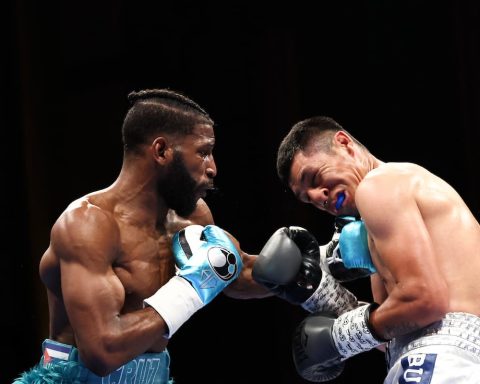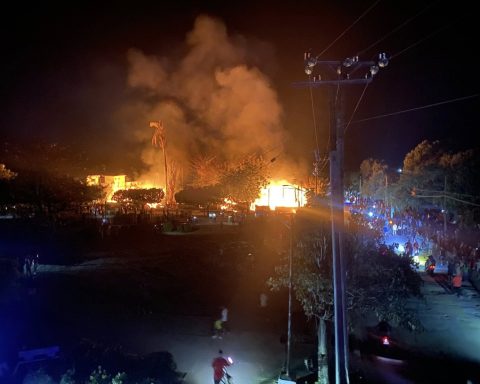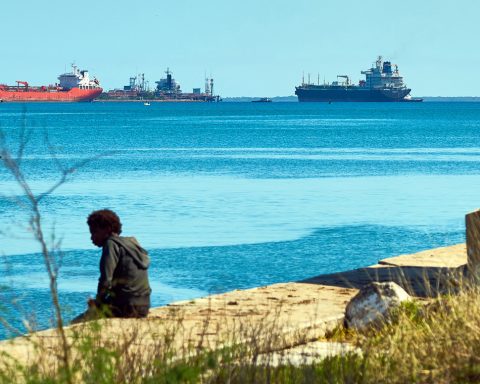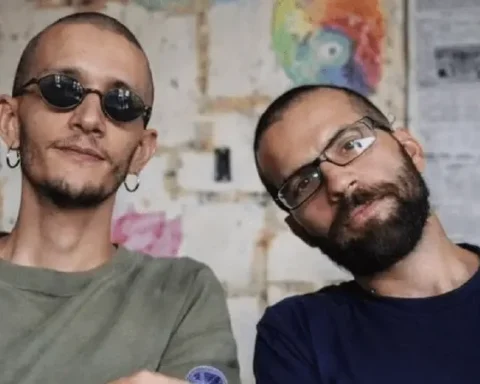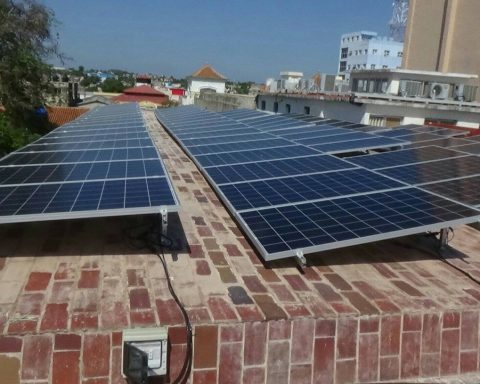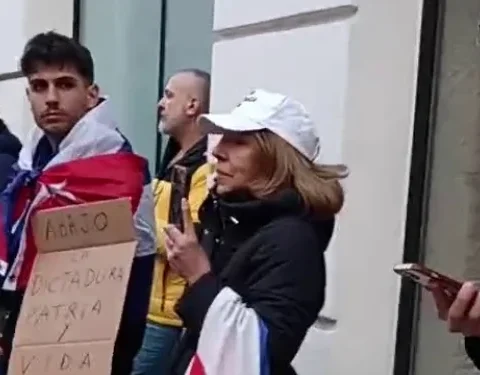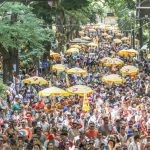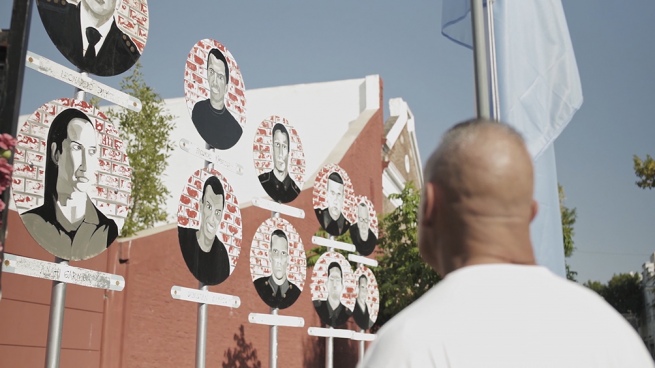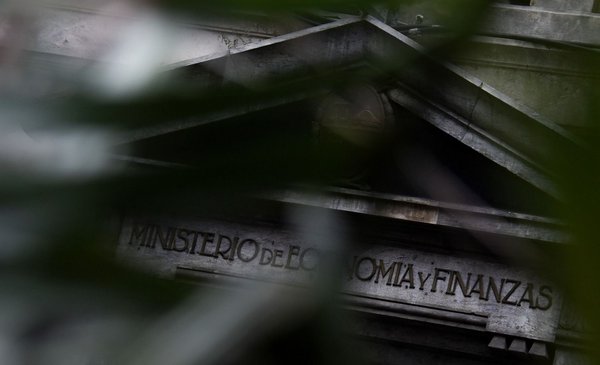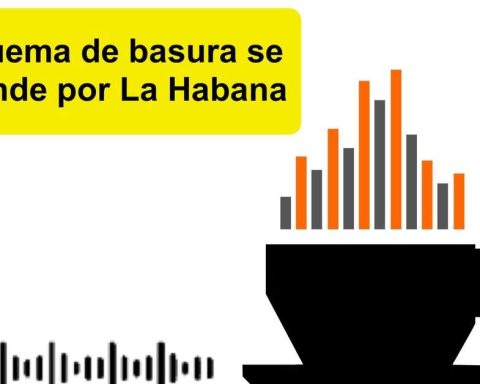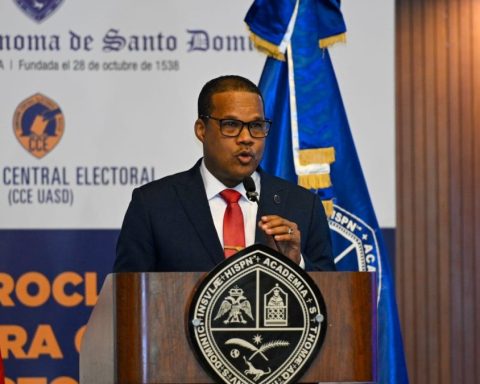Russian President Vladimir Putin and his French counterpart Emmanuel Macron agreed by phone today to work without delay to organize a personal meeting, the Kremlin said.
The leaders continued the dialogue begun last week on the situation in Ukraine and issues related to the provision of long-term legal security guarantees to Moscow, based on their proposals to the United States and NATO.
According to the statement, the Russian head of state re-expounded in detail the principle approaches linked to the proposals made known to Washington and the North Atlantic Treaty Organization in mid-December.
Putin and Macron discussed this issue on January 28, also by phone, and the Russian president confirmed that his country would carefully study the West’s written responses to its draft agreements and then define its subsequent actions.
He stressed that neither the United States nor NATO took Russia’s fundamental concerns into account in those documents, citing as an example the need to prevent the expansion of the Atlantic Alliance and the deployment of attack weapons systems near Russian borders.
He stated that another of the security guarantee initiatives not taken into account is the requirement to return the military potential and infrastructure of the Euro-Atlantic bloc in Europe to the positions of 1997, the year in which the founding act of the Russia-NATO Council was signed. .
Putin explained to Macron that a key question was also ignored: how the United States and its allies intend to follow the principle of indivisibility of security set out in the basic documents of the OSCE and Russia-NATO, which stipulates that no one should strengthen their security. at the expense of the security of other countries.
On the situation in Ukraine, the Russian head of state emphasized the importance of strict compliance by Kiev with the provisions of the Minsk package of measures.
In this regard, he drew attention to the importance of the Ukrainian government establishing a direct dialogue with the people’s republics of Donetsk and Lugansk and legalizing the special status of Donbass.
He stressed that the results of the recent meeting of the political advisers of the leaders of the Normandy Quartet (Ukraine, Germany, France and Russia), showed that there are conditions on the part of Moscow and Paris to continue working in this format.
